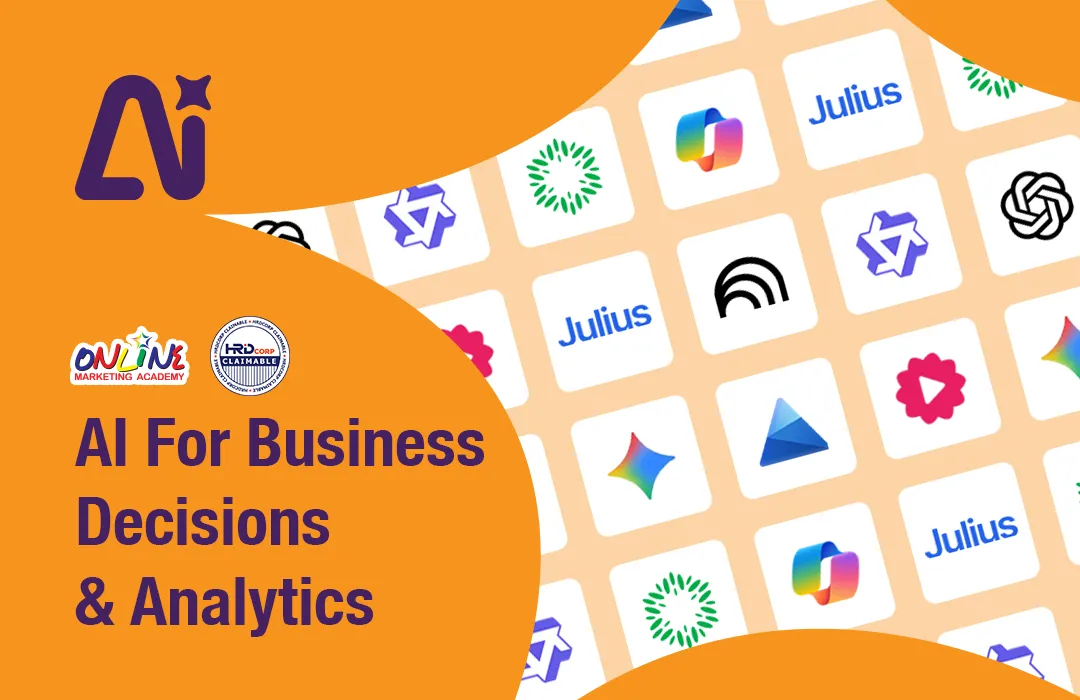Digital disruption to drive revenue growth in 2019
26 December 2019
HERE is what Franklin Templeton thinks about digital disruption in 2019: “As businesses look to engage with their customers in a more service-oriented and data-centric manner, there are significant investment opportunities in the leading digital transformation, platform companies, as well as technology vendors that enable their customers to digitally adapt and transform.”
Franklin Equity Group vice-president and portfolio manager Jonathan T. Curtis believes digital transformation should drive strong revenue and earnings growth across the technology sector for many years to come.
He says digital disrupters are forcing legacy businesses to adapt.
Virtually all sectors are reshuffling their business models around information technology (IT) initiatives to remain competitive. Curtis believes that digital-centric businesses are more valuable than their legacy peers because they build service-oriented, recurring customer relationships informed by novel, organised and well-curated data sets.
Non-digital businesses are waking up to the perils they face at the hands of digital disrupters, and many are now in the early stages of reinventing themselves through the adoption of digital tools such as artificial intelligence (AI) and machine learning, cloud computing, data analytics, software-as-a-service, e-commerce and fintech (technology-driven financial products and services, including digital payments), next-generation Internet infrastructure, new media, robotics and the Internet of Things. In the near future, software applications and smart devices across all industries are likely to feature some form of embedded AI in them.
“We believe that digital transformation and its supporting sub-themes will drive consistency in secular growth trends for many years to come. Bottom line: Digital transformation is not something that many companies can afford to delay.”
Some examples of industries currently driving noteworthy DT initiatives include:
> The legacy taxi industry, which is attempting to compete against popular ride-hailing services with their own mobile apps and software-centric dispatch services.
> The brick-and-mortar retail industry, which has embraced e-commerce techniques to better service and understand their customers’ needs and streamline their inventory or distribution.
> The music industry, which is more widely implementing music subscription services following years of resistance.
Nonetheless there are also risks amid these opportunities.
Curtis is cautious about investing in what we see as cyclical and/or structurally impaired technology industries, some of which are being negatively impacted by digital transformation. These include legacy IT services, legacy systems software, branded enterprise IT hardware and several categories in the consumer electronics domain.
Outside of the pending 5G wireless upgrade cycle for mobile networks, Franklin Templeton holds a negative view on telecommunications equipment companies due to end-market headwinds, a sharp increase in competition and what we view as a poor market structure.
“Overall, we remain positive on the IT sector. First, enterprise IT spending is already quite robust. We see a path for that continuing into at least mid-2019, which will be the first full year of budgeting that takes into account a robust economy and the recent US tax cuts,” says Curtis.
“Second, consumer IT spending appears stable amid expansion in services, new media and gaming offset by tepid growth in hardware such as smartphones and consumer personal computers.
“Third, many of the world’s largest cash-rich technology companies headquartered in the United States are still in the early stages of increasing their capital return programs as a result of US corporate tax reform.”
Franklin Templeton is also closely monitoring the following items for potential signs of trouble:
1. The magnitude and pace of interest-rate changes. If the US Federal Reserve moves too aggressively, the economy could decelerate or even enter recession. While this would be
negative for nearly all sectors, including IT and communication services, we see less fundamental risk among the secular growth technology businesses tied to digital trend that we have identified.
2. The impact of the US-China trade war. If the situation intensifies, the greatest risk is to enterprise IT hardware companies, which build their offerings in China for import into America. Franklin Templeton believse there will be efforts to pass tariff impacts on to end users and or to move IT hardware manufacturing capacity out of China.
3. Headwinds to China’s economy, as it appears to be slowing modestly. This will be a negative for domestic Chinese technology companies and could be an issue for global technology vendors with significant exposure to domestic consumption in China.
4. Cyclicality in cloud-based capital expenditures. We remain quite positive on the cloud computing opportunity; however, capital investment in this category can be highly cyclical.
There is some incremental uncertainty for select IT hardware, semiconductor and contract manufacturing companies following weakening capital expenditure investing in the second half of 2018.
5. How the regulatory landscape evolves for big internet companies possessing vast consumer datasets. Key to digital transformation is the ability to collect and use rich data to better understand and serve customers.
However, it may be harder to get big, bipartisan data usage legislation through a divided US Congress, particularly as it relates to user privacy and data sharing with companies and government entities. It also sees very little risk of major tech firm breakups by regulators.
TAGS / KEYWORDS:
Business , Digital , Transformation , Templeton
Source: TheStar











 Whatsapp Us +6011 1144 5462
Whatsapp Us +6011 1144 5462



